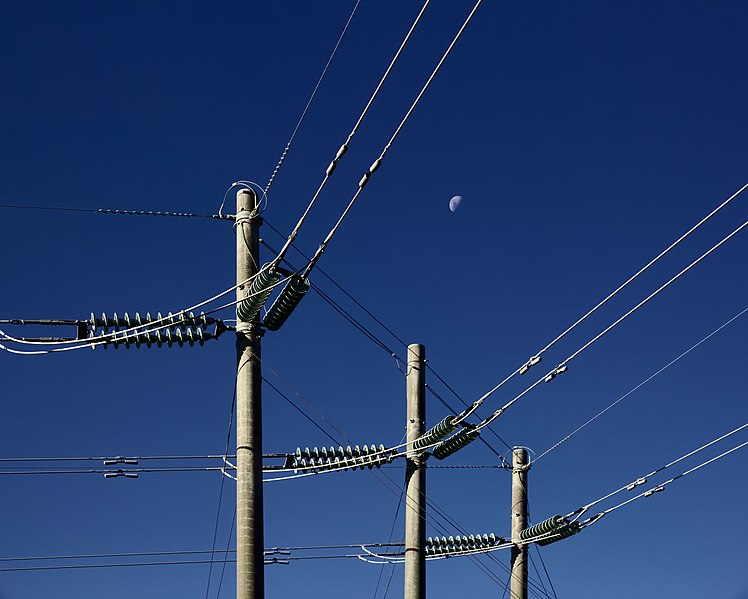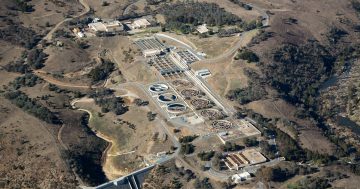
Renewable energy is driving cheaper prices: Photo: File.
ACT power bills are on the way down, thanks to the growth in renewable energy driving down the price of wholesale electricity.
A typical Canberra household will save $43 on its bill in 2020-21, according to the ACT Independent Competition and Regulatory Commission which today released its final decision on regulated retail electricity prices for the next four years from 1 July 2020.
It has also recommended measures to make it easier for customers to understand and compare electricity offers in the ACT.
“The final decision means that a typical customer on ActewAGL’s standing offer contracts will see a 2.56 per cent reduction in retail electricity prices in 2020-21,” said Senior Commissioner Joe Dimasi.
This is equivalent to a decline in real terms (adjusting for inflation) of 4.31 per cent.
“For the average residential household consuming about 6,500 kWh per year, the expected price decrease would translate to a reduction of $43 in their annual bill,” Mr Dimasi said.
”The impact on non-residential customers ranges from a reduction of $265 per year for a large customer to $66 for a small customer,” Mr Dimasi said.
The ICRC says the average retail price decrease largely reflects falling prices in the wholesale electricity market, driven mainly by the growth in renewable energy generation.
This has led to a reduction in the cost of wholesale energy purchases and national green schemes.
The final price decrease of 2.56 per cent is lower than that estimated in the ICRC’s draft report, due mainly to higher network costs which increased by 5.4 per cent following the Australian Energy Regulator’s May decision.
The ICRC says that despite the fall in retail electricity prices, many consumers could still find it difficult to pay their electricity bills, especially in the current challenging economic conditions.
The Commission encourages consumers experiencing financial hardship to contact their retailer for assistance, and to shop around for more affordable electricity plans.
The report makes two recommendations to the ACT Government to make it easier for ACT consumers to do this.
“First, it recommends setting a reference bill for a typical consumer to help consumers compare plans,” Mr Dimani said. ”The second recommendation is that retailers should have to tell their customers if they have a plan that could reduce a customer’s bills and ask the customer to call them for more information.”
Many ACT consumers find it difficult to compare offers, mainly due to the large number of offers and tariff types, the discounting practices of retailers, and the complexity of terms and conditions in plans.
The ICRC is also encouraging retailers to regularly tell their customers that they can visit the Australian Government’s Energy Made Easy website to check whether there is an even better offer available from another retailer.
The Commission has surveyed more than 1,000 ACT electricity consumers and consulted with electricity retailers, consumer groups and the ACT community.




















